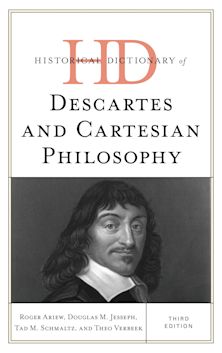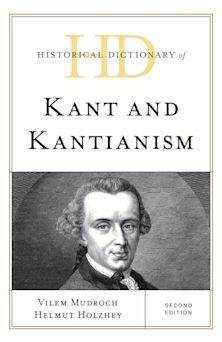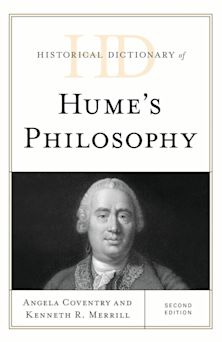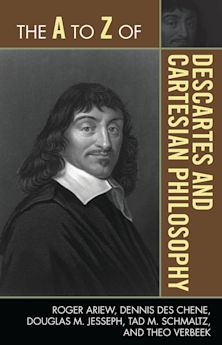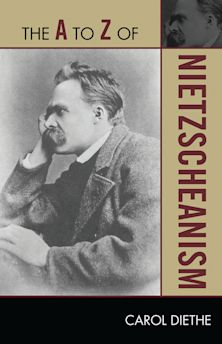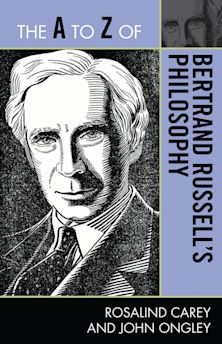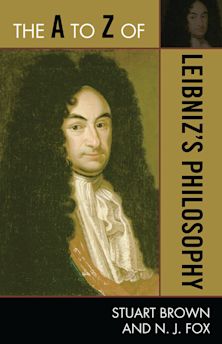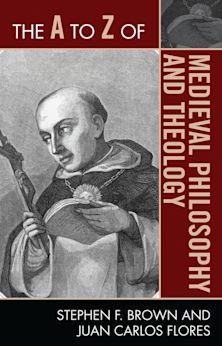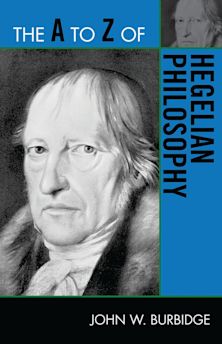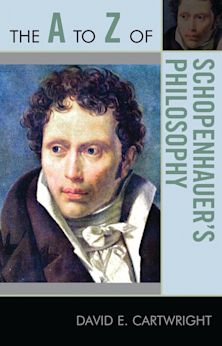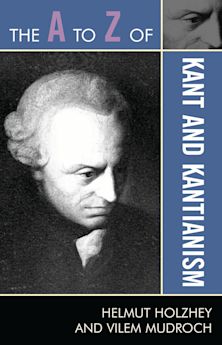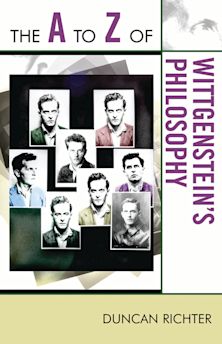This product is usually dispatched within 1 week
- Delivery and returns info
-
Free CA delivery on orders $40 or over
Description
Thomas Hobbes (1588-1679) is one of the most important early modern thinkers. Though Hobbes is best known for Leviathan (1651) and the theory of absolute sovereignty, his works discuss virtually all the major problems of philosophy as well as science and mathematics, and contain the translations of classical texts like Thucydides' History of the Peloponnesian War, a verse church history, and various essays. Hobbes spent most of his adult life in the service of the influential Cavendish family.
The Historical Dictionary of Hobbes's Philosophy offers a comprehensive guide to the many facets of Hobbes's work. Through its chronology, introductory essay, bibliography, and hundreds of cross-referenced dictionary entries on concepts, people, works, and technical terms, Hobbes's impact on philosophy and related fields is made accessible to the reader in this must-have reference. Intended as a reference to learn about particular aspects of Hobbes, it also serves as a quick guide to check information and find the relevant secondary literature on Hobbes. It is an excellent access point for students, researchers, and anyone wanting to know more about Thomas Hobbes.
Table of Contents
Preface
Acknowledgments
Abbreviations
Photographs
Chronology
Introduction
THE DICTIONARY
Bibliography
About the Author
Product details
| Published | Dec 16 2011 |
|---|---|
| Format | Hardback |
| Edition | 1st |
| Extent | 434 |
| ISBN | 9780810850651 |
| Imprint | Scarecrow Press |
| Illustrations | 2 b/w photos |
| Dimensions | 238 x 164 mm |
| Series | Historical Dictionaries of Religions, Philosophies, and Movements Series |
| Publisher | Bloomsbury Publishing |
Reviews

ONLINE RESOURCES
Bloomsbury Collections
This book is available on Bloomsbury Collections where your library has access.












